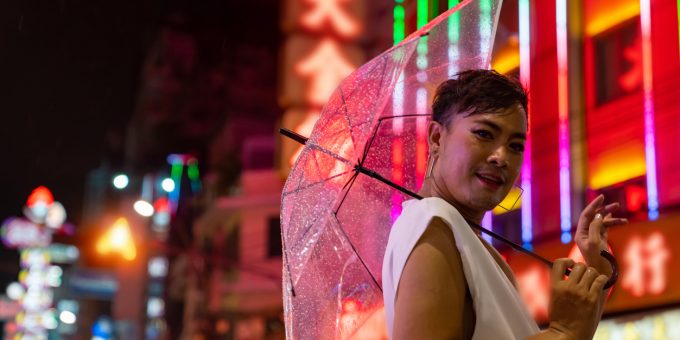
iStockPhoto.com // CandyRetriever
the depths of sexual racism
Writing in Social Problems, Khoa Phan Howard uses a case study of a 35-year-old interracial friendship group anonymized as the “Asian Network Group” (ANG) to demonstrate that even within a group that claims to be a safe space for Asian gay men, there is still the problem of sexual racism, which favors White men and reinforces the belief that they are more desirable.
Drawing from eight months of ethnographic observations and 33 interviews, Phan Howard delves into 4 distinct sets of significant findings. First, comparing the motivations of Asian and White individuals for entering the group reveals that the racial hierarchy of desire observed outside the group persists within it. Asians may be somewhat desirable, but their desirability is attenuated; White people encounter fewer obstacles to desirability. In addition, the study investigates a specific group practice that involves monitoring “creepy” White men while depicting Asians as “helpless.” This practice reveals underlying racial stereotypes and, unfortunately, restricts the agency of Asian men. Third, a group norm encourages Asian-White relationships and exerts pressure on those who deviate from this norm which reinforces the idea that whiteness is necessary for romantic relationships. Lastly, when looking at individual experiences of desirability, White men continue to be perceived as the most desirable group members, despite the ANG’s attempts to increase the desirability of Asian individuals.This study takes a novel approach to studying sexual racism in that it goes beyond online platforms and interviews, utilizing real-world observations of group interactions to explore the profound linkages between race, sexuality, and the replication of racial biases. In so doing, it exposes the persistence of sexual racism and White desirability, even inside a purposefully diverse community network.
